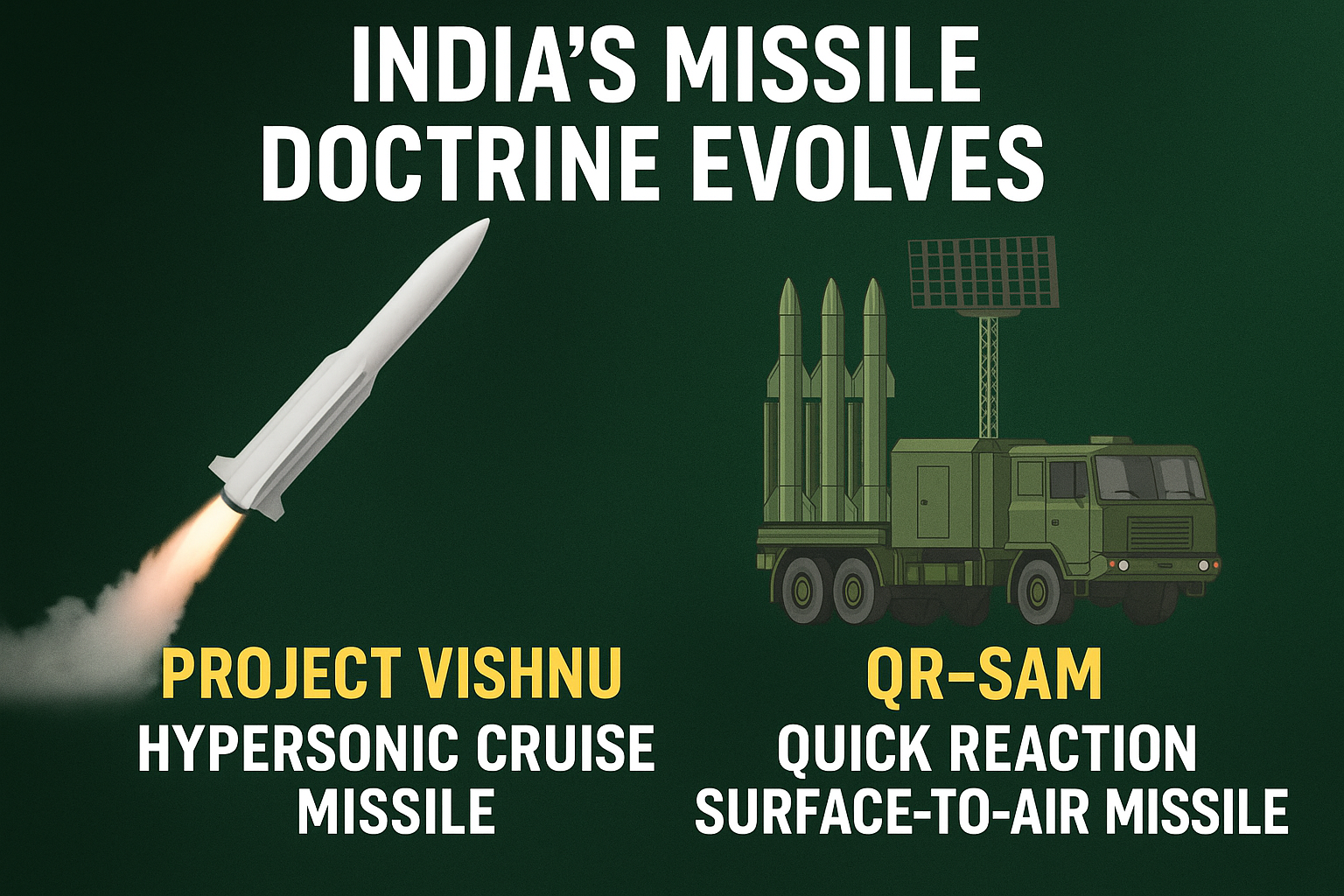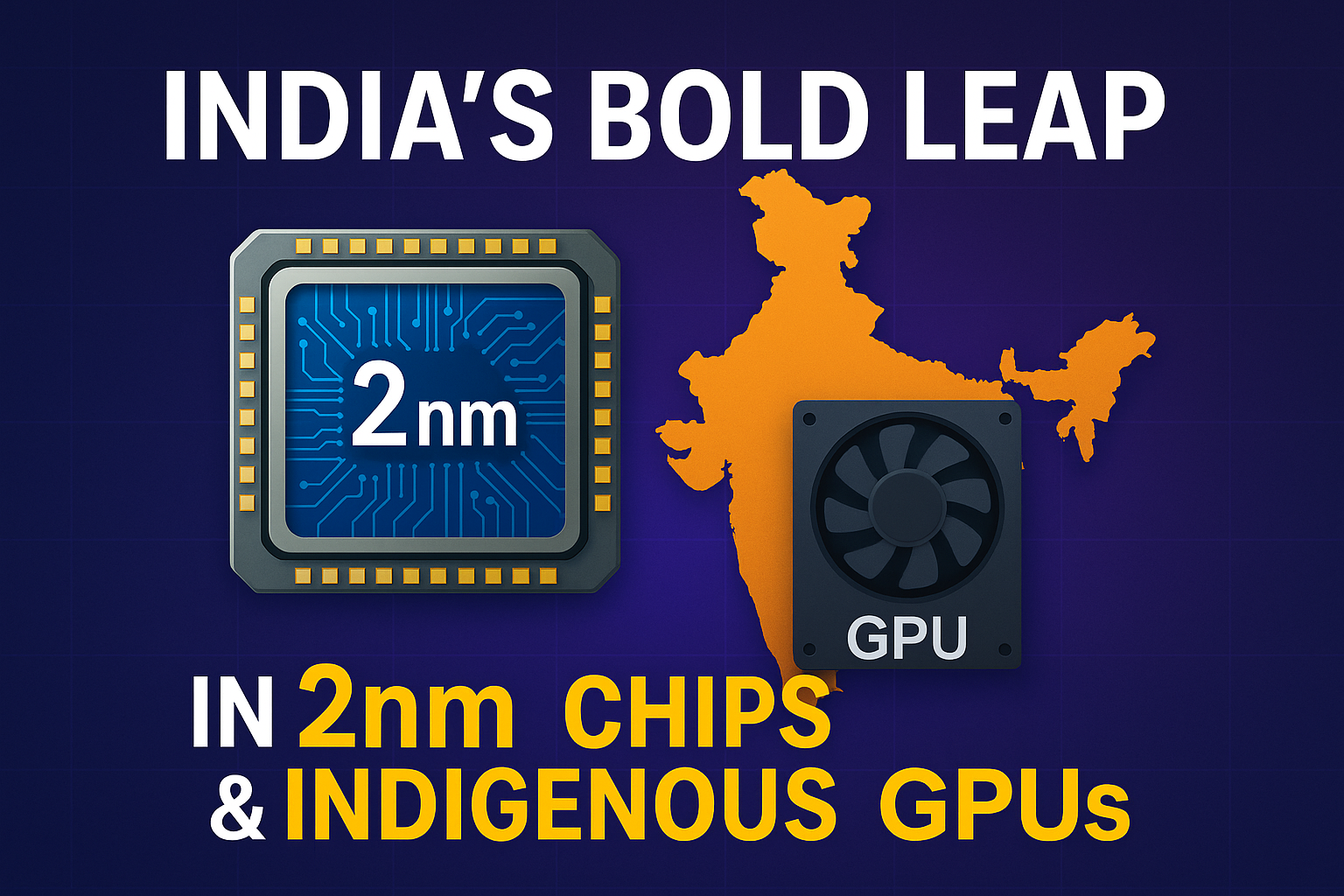Abhishek Sharma
Abhishek Sharma, Co-Founder & Editorial Director of Global View. He is a research-driven analyst with a multidisciplinary focus spanning defense strategy, geopolitics, history, and Indian political affairs. He has undertaken advanced academic programs in Global Diplomacy at the University of London, as well as Business Analysis and Digital Strategy at globally recognized institutions. Abhishek also served as Head of Research at Frontier Research Hub, where his work explores the Indian Air Force, Navy, and Army, as well as India's strategic history and civilizational legacy. With a vision to shape an institution rooted in India’s civilizational identity and strategic destiny, Abhishek emphasizes the importance of historical memory in shaping modern policy and power. His work seeks to integrate economics, defense, and geopolitics into a unified framework of national purpose, making him a key pillar in Global View’s intellectual foundation.
Statistics
Articles by Abhishek Sharma

New Revelations on Operation Sindoor’s Pause: Beyond Pakistan
After the Pahalgam terror attack, India launched Operation Sindoor to destroy terrorist camps in Pakistan, showcasing its military edge. Though paused amid global pressure and claims by Donald Trump, India denied any formal ceasefire. New revelations by India’s Deputy Army Chief exposed deep Pakistan-China-Turkey coordination, framing the pause as a strategic recalibration rather than weakness. These disclosures highlight India’s evolving defense strategy, focus on self-reliance, and readiness for future multi-front challenges.

Rolls-Royce Offers Jet Engine Co-Development Deal to India, Aims to Outpace Japanese Competition
In a high-stakes bid to power India's next-generation fighter aircraft, Rolls-Royce has offered to co-develop and manufacture a jet engine tailored to Indian requirements, potentially boosting thrust capacity up to 280 kN. This move follows Japan’s rare offer of its XF9-1 engine and signals intensifying global competition for India’s AMCA program. With delays in the indigenous Kaveri engine and U.S. supply concerns, India is rebalancing its defense partnerships, exploring deeper industrial collaboration with the UK to enhance self-reliance and strategic leverage.

A Civilizational Shift: Tracing the Decline of Women’s Status in Indian Society
So the real question is, how did we, once a society that celebrated knowledge, choice, love, dignity, and freedom, turn into one where shame and silence dictate our values? How did a civilization that empowered women, respected sexual agency, and upheld mutual consent become one that hides behind taboos and distorted morality? This wasn’t a natural evolution. It was a calculated dismantling: first through violent invasions, then through cultural erasure, and finally through an education system designed to make us forget who we were.

The Fabricated History of Sati Pratha: A Civilizational Perspective
For generations, Sati has been portrayed as a barbaric Hindu ritual abolished by colonial “reformers.” But was it truly a religious mandate or a narrative weaponized to vilify Indian civilization? This article challenges that entrenched myth, tracing the true origins of Sati, exposing the political misuse of Raja Ram Mohan Roy’s legacy, and revealing how colonial and missionary forces distorted a nuanced cultural history to justify domination. A bold civilizational perspective grounded in texts, timelines, and truth.

India’s Missile Doctrine Evolves: Project Vishnu and QR-SAM Redefine Future Warfare
Following Operation Sindoor, India has accelerated its transition toward next-generation warfare. Two critical developments, the indigenous hypersonic cruise missile under Project Vishnu and the induction of Quick Reaction Surface-to-Air Missiles (QR-SAM), signal a decisive shift in both offensive and defensive military capabilities.

India’s Bold Leap: Building 2nm Chips and Indigenous NVIDIA-Level GPUs
India has taken a bold step by announcing the development of 2nm semiconductor chips and NVIDIA-grade indigenous GPUs. Backed by major government funding and strategic partnerships, this move aims to reduce dependency on foreign tech and establish India as a global leader in advanced chip manufacturing. With a clear roadmap targeting 2030, India is preparing to shape its own future in the AI and semiconductor revolution.